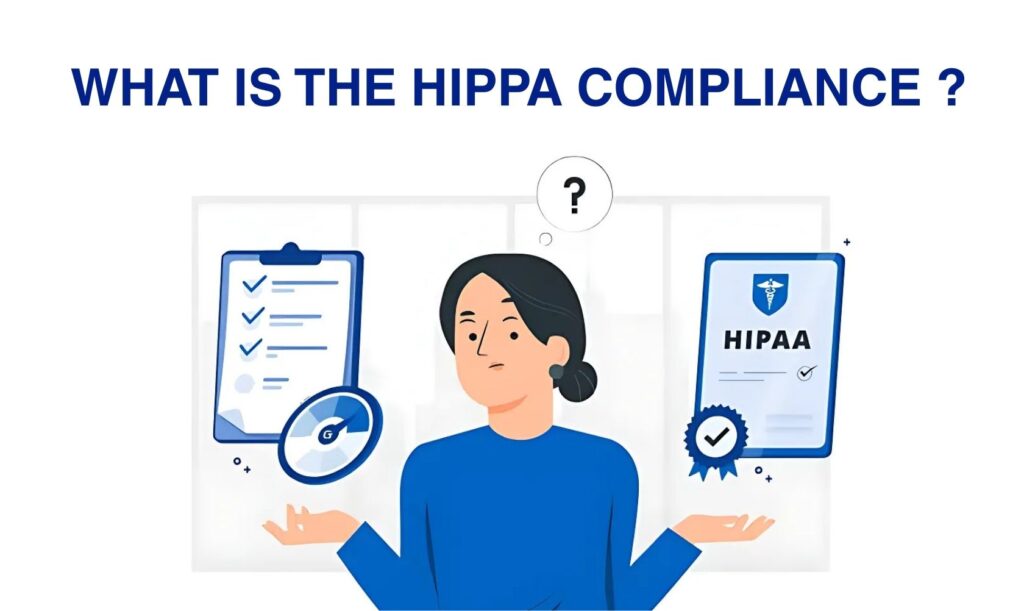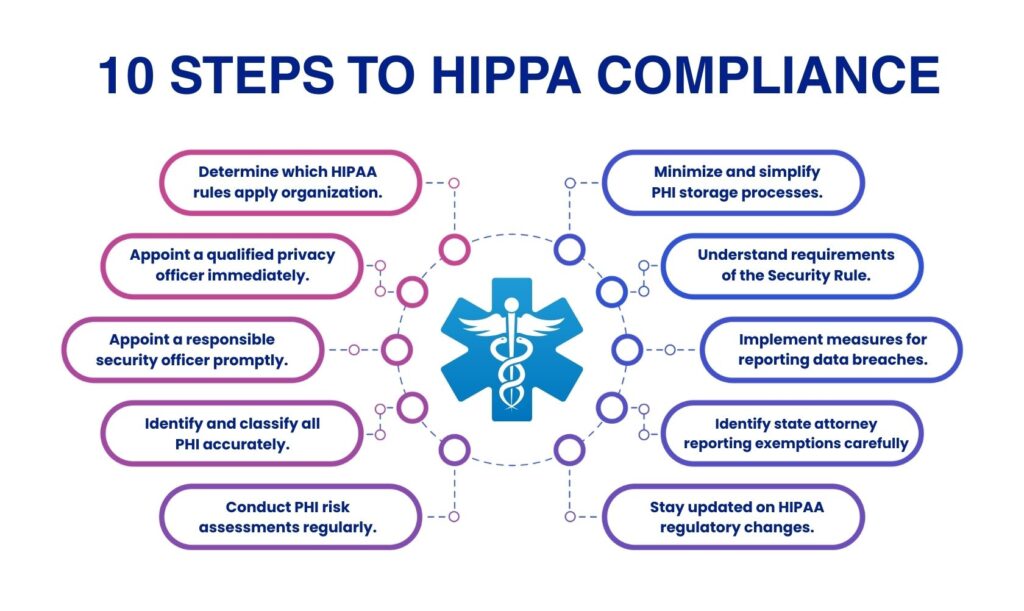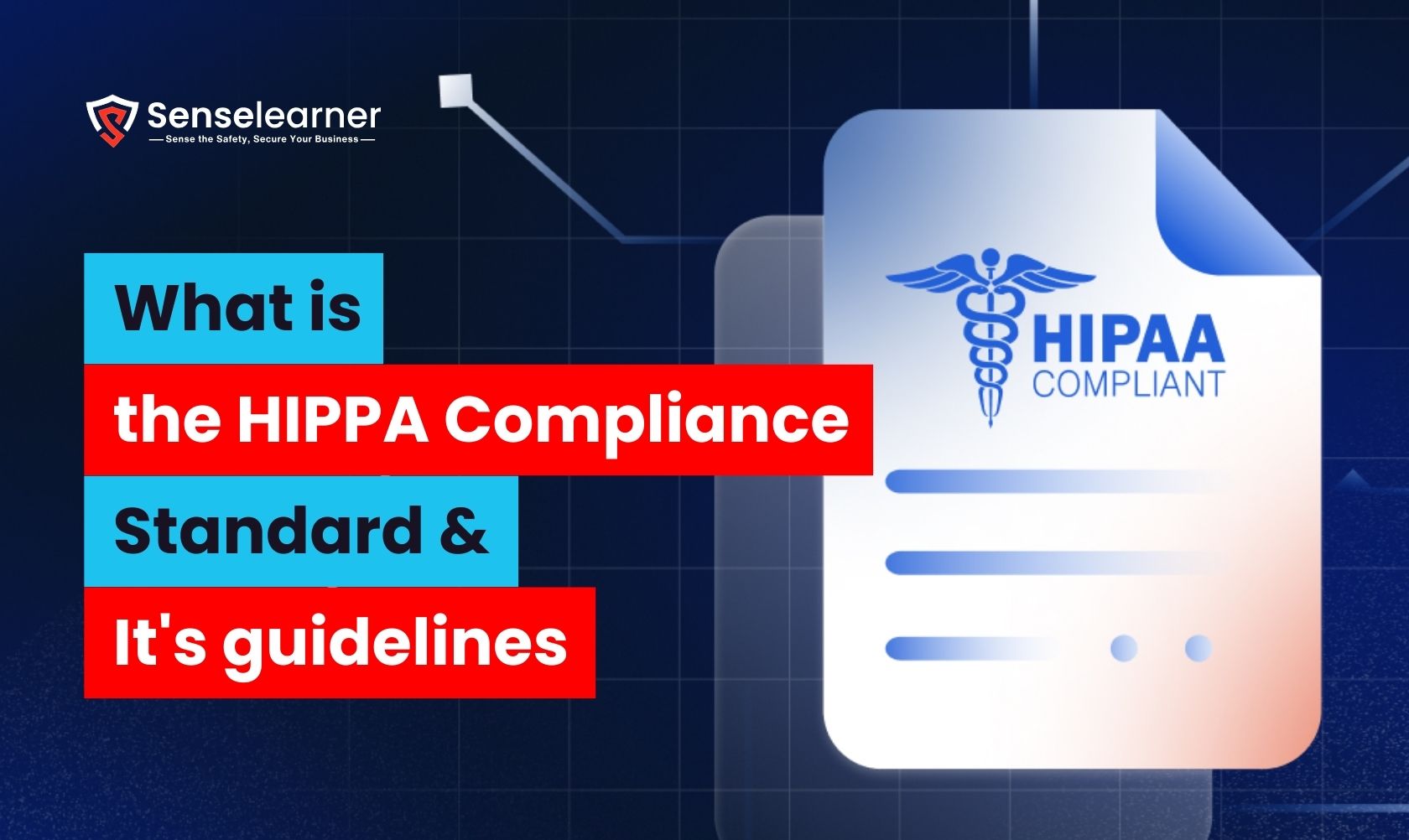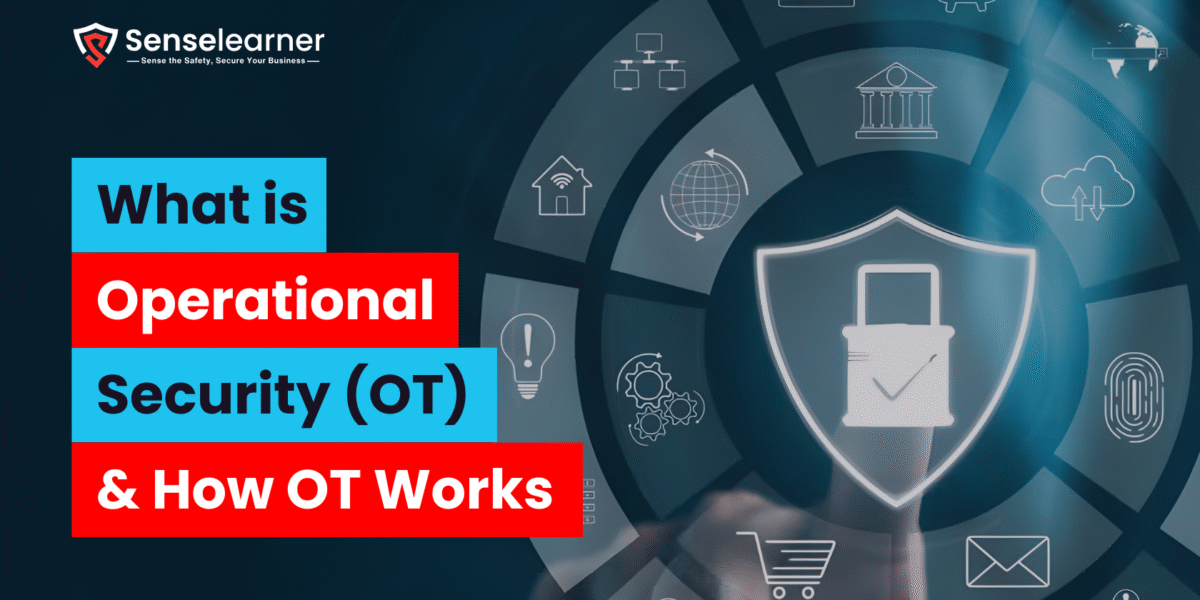Table of Contents
HIPAA and it’s guidelines from any entity that handles protected health information (PHI), whether it exists on paper or in a digital format. This means “The Health Insurance Portability and Accountability Act” it requires compliance Standard It can be expensive to do otherwise; in 2021, for instance, a corporation was fined more than $5 million for a HIPAA breach. Organizations can avoid legal issues and severe penalties by adhering to HIPAA rules, which also assist prevent data leaks. Businesses must have the appropriate security tools and solutions in place to protect sensitive health data.
Many firms may find it difficult to maintain compliance with HIPAA rules. In this guide, we’ll breakdown the basics of HIPAA compliance and offer helpful, practical guidance to help you confidently maintain compliance and safeguard private health information.
What is the HIPPA Compliance ?

HIPAA compliance refers to following the rules set by the Health Insurance Portability and Accountability Act (HIPAA) in order to protect private patient health information. Any company handling protected health information (PHI), including insurance companies and healthcare providers, is subject to these regulations. Organizations may prevent data breaches, legal problems, and expensive fines by ensuring that patient data is kept confidential, secure, and shared only with those who are allowed.
10 Steps to HIPPA Compliance

- Determine Which HIPAA Rules Apply to Your Organization
- Appoint a Privacy Officer
- Appoint a Security Officer
- Determine what your PHI is
- Conduct PHI
- Minimize and simplify PHI
- Awareness of the Security Rule
- Create measures for Reporting Data Breach
- Determine State Attorneys General Reporting Exemptions
- Keep Up to Date on HIPAA Changes
HIPPA Guidelines to Follow
HIPAA includes important regulations that safeguard patient data and healthcare information. The Privacy Rule, Security Rule, and Breach Notification Rule are the three primary ones.
1-Privacy Rule
The Privacy Rule make sure the privacy of patient health information. It guarantees that patients are informed about the use of their information, restricts the amount of information that can be disclosed, and mandates documentation of any disclosures. To put it briefly, it allows patients more control over their own medical records.
2-Security Role
Electronic health information is protected by the Security Rule (ePHI). It requires the use of technical protections like passwords or encryption, robust rules, and secure facilities and equipment by healthcare organizations. These measures help in protecting private information from hackers and illegal access.
3-Breach Notification Rule
According to the Breach Notification Rule, a company is required to notify the government (OCR), the impacted individuals, and, in the case of a significant breach, the media. After learning of the breach, this normally needs to be completed within 60 days. Encouraging patients to take precautions and being transparent about data leaks are the objectives.
Visit to know Why is HIPPA Compliance Important
Common HIPPA Violation and penalties
Complying with HIPAA is essential for safeguarding private health data. Serious legal repercussions, violations, and data breaches may result from enterprises’ failure to adhere to its rules.
Example of Violation
While not all data breaches are considered HIPAA violations, security breaches are an important part of every HIPAA violation. When an organization’s HIPAA program is lacking, out-of-date, or improperly implemented, a violation occurs.
A data breach occurs, for instance, when an employee misplaces or has a stolen corporate laptop that contains unencrypted medical records. A HIPAA violation occurs if the organization lacks regulations requiring laptops to be encrypted or prohibiting their removal from the premises.
Civil and criminal penalties for noncompliance
civil and criminal penalties may result from noncompliance with HIPAA. In general, civil penalties include paying fines, which can range from small amounts for violations to enormous amounts for major ones or those that are often ignored. Knowingly misusing or disclosing patient information carries higher criminal consequences. Heavy penalties or even jail time may be imposed as a penalty in those situations. This demonstrates why protecting sensitive health data requires strict adherence to HIPAA regulations.
Also Read Summary of the HIPPA Security Rule
Best Practices for Maintaining Compliance
Maintaining compliance with HIPAA needs constant work. Frequent audits assist in locating weaknesses in systems and regulations, and updating security measures ensures defense against new risks.
Regular Audits
One of the best ways for maintaining HIPAA compliance is to conduct audits on a regular basis. To make sure they adhere to HIPAA regulations, these audits examine policies, practices, and systems. In addition, they help with identifying flaws or holes before they become violations, such out-of-date security procedures or improper data processing.
Updating Security Measures
Security measures need to be updated on a regular basis because cyber threats and technology are always changing. Patching software, updating firewalls, enhancing encryption techniques, and safeguarding tangible equipment are all included in this. By keeping security up to date, healthcare institutions can protect private patient data from current attacks and be prepared to manage new risks.
Does a data leak always refer to a HIPAA violation?
No. Not every data breach is a violation of HIPAA. If a HIPAA compliance policy is absent, out-of-date, or not properly enforced—for example, by not encrypting devices that store patient data—a breach is considered a violation.
What distinguishes a HIPAA violation from a HIPAA data breach?
Any loss, theft, or exposure of protected health information (PHI) constitutes a data breach. When a business disregards HIPAA regulations that may have stopped the breach, like not having sufficient access controls or encryption, it is in violation of the law.
How severe are non-compliance penalties?
Penalties might vary from hefty fines for chronic neglect to tiny civil fines for accidental or small violations. Knowingly misusing or disclosing patient data may result in criminal penalties, which carry steep fines or even jail time.




One thought on “What is HIPPA Compliance Standard & Its 10 guidelines”